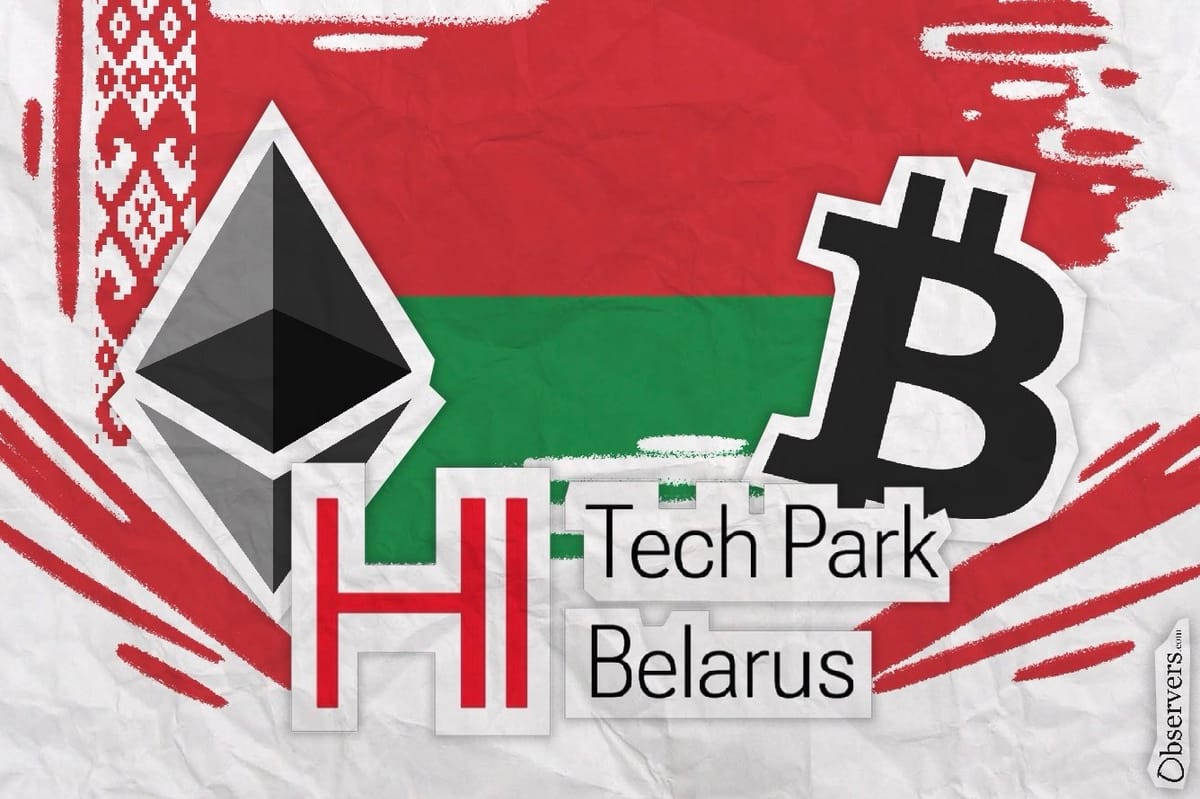
On September 17, the President of Belarus signed a new decree "On the circulation of digital signs (tokens)." The new law directly prohibits individuals from buying and selling cryptocurrencies on foreign exchanges and includes P2P transactions. The authorities had announced the intention to prohibit P2P and oblige citizens to use only HTP operator services back in 2023.
Citizens must now conduct crypto transactions exclusively through local exchanges that are residents of the country's Hi-Tech Park (HTP), such as Free2ex, Whitebird and six more companies, according to the HTP register.
For legal entities, conducting entrepreneurial activities with crypto assets in the country was already permitted exclusively for residents of the HTP. The new law only establishes a direct ban on retail operations with crypto that used to be in a grey zone.
The legal update officially aims to contribute to the development of secure, transparent, and controlled circulation of digital assets and prevent crypto from being used for illegal activities. Good intentions aside, we think it's likely that the government might be preparing for the end of the tax-exempt period for income generated from crypto operations: the amendment could make it easier for the authorities to track transactions and enforce tax collection. In general, such limitation allows the government to gain greater control over the crypto market.
It is noteworthy that crypto-to-crypto trading on foreign exchanges is not banned. If Belarussians transfer officially purchased cryptocurrency to a foreign exchange, they can trade, stake, and use other crypto transactions there.
The enforcement mechanism for detecting violations also remains unclear. One possibility is that the government will monitor suspicious transactions made through bank cards, detecting accounts involved in illegal trading.
Currently, the law does not prescribe specific penalties for those caught using foreign exchanges either. The authorities are expected to develop a comprehensive enforcement mechanism by next June. This vagueness leaves room for speculation about how the law will be enforced in the interim. The authorities might start threatening offenders with multiple punishments immediately or take a more hands-off approach until a formal structure is in place.
Belarus has had a relatively progressive stance toward cryptocurrency regulation. In 2017, it became one of the first countries in the world to legalize smart contracts and cryptocurrencies. The Decree "On the Development of Digital Economy" not only extended the HTP until 2049 and added a list of activities that can be conducted under the regime but also created a legal basis for the circulation of digital currencies and other blockchain-based tokens. According to the decree, only residents of the HTP have the right to carry out entrepreneurial activity in the sphere of token circulation in the country. Still, it gave individuals the right to engage in mining (for personal use), own tokens, acquire and change them for local and foreign currency and electronic money, and bequeath them. A tax-exempt period for income generated from crypto operations was first set by the Decree until 2023 but was later extended until January 2025.
Some suggest that Russia, a geopolitical ally of Belarus, might follow the same path, replacing HTP operators with participants in an experimental legal regime that is being actively developed—Russia intends to use crypto for cross-border payments to bypass sanctions. Still, most experts believe that we should not expect strict bans on the purchase and sale of cryptocurrency on foreign platforms for individuals and organizations in Russia soon. The main reason for such conclusions is that there are no official crypto exchanges in Russia, and the newly launched experimental regime lacks practice and expertise.
Currently, Russian law does not explicitly ban the use of foreign crypto exchanges. However, the mining law passed in August contains ambiguous language that could be used to set a ban. The law states that "the offering of digital currency to an unlimited circle of persons, as well as goods (work, services) for the purpose of organizing the circulation of digital currency, is prohibited." While this clause has not been definitively interpreted, it could be used to justify a ban on the operations of any crypto exchange outside of an experimental legal regime if the authorities decide to follow its neighbor’s path.

